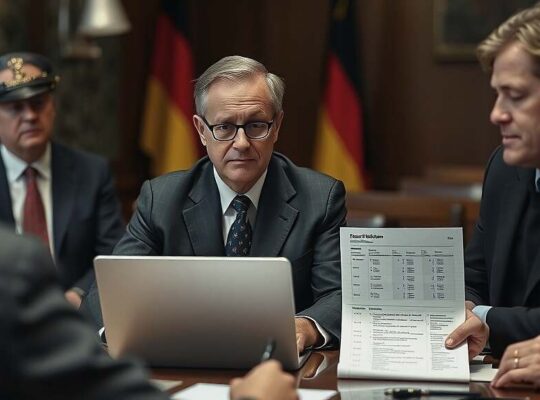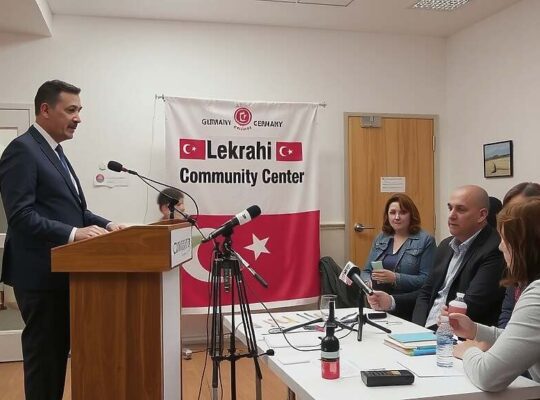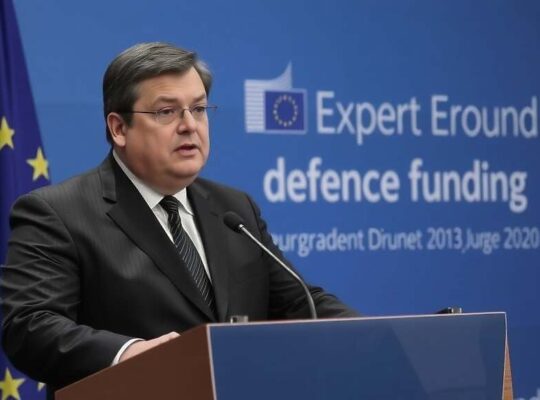German authorities have arrested a dual German-Polish national in Dortmund on suspicion of terrorism-related offenses, triggering a wave of concern and raising critical questions about online radicalization and security protocols. The arrest, executed by the Federal Criminal Police Office and specialized units of the Federal Police, follows months of covert investigation into the suspect’s activities within the darknet.
According to a statement released by the Federal Public Prosecutor’s Office, the suspect has allegedly been inciting violence against specific German politicians, public officials and individuals in the public eye since at least June 2025. A warrant issued by a judge at the Federal Court of Justice on October 6th details accusations that the suspect operated an anonymous online platform where he disseminated lists of targets, self-proclaimed “death sentences” and instructions for the construction of explosive devices. Moreover, the suspect is believed to have solicited cryptocurrency donations, presented as “bounties” for the assassinations of the identified individuals, demonstrating a sophisticated attempt to financially support potential attacks.
The platform is further implicated in the distribution of sensitive personal data concerning the potential victims, compounding the gravity of the situation and raising immediate concerns about data security and the potential for further, unrelated harm. The arrest underscores the escalating threat of online radicalization and the difficulty in combating extremist ideologies flourishing in encrypted online spaces.
The suspect faces charges including terrorism financing, incitement to commit violent acts endangering state security and the reckless dissemination of personal data. He is slated to appear before a judge at the Federal Court of Justice today, where the arrest warrant will be formally read and a decision regarding continued detention will be made.
The incident is likely to prompt a renewed examination of Germany’s counter-terrorism strategies, particularly regarding monitoring online spaces and combating the financing of extremist activities. Critics are already questioning the effectiveness of current intelligence gathering methods, highlighting the period of time between the alleged online activity and the actual arrest. The case is expected to fuel a broader political debate around freedom of speech online and the balance between security and civil liberties within the country.












